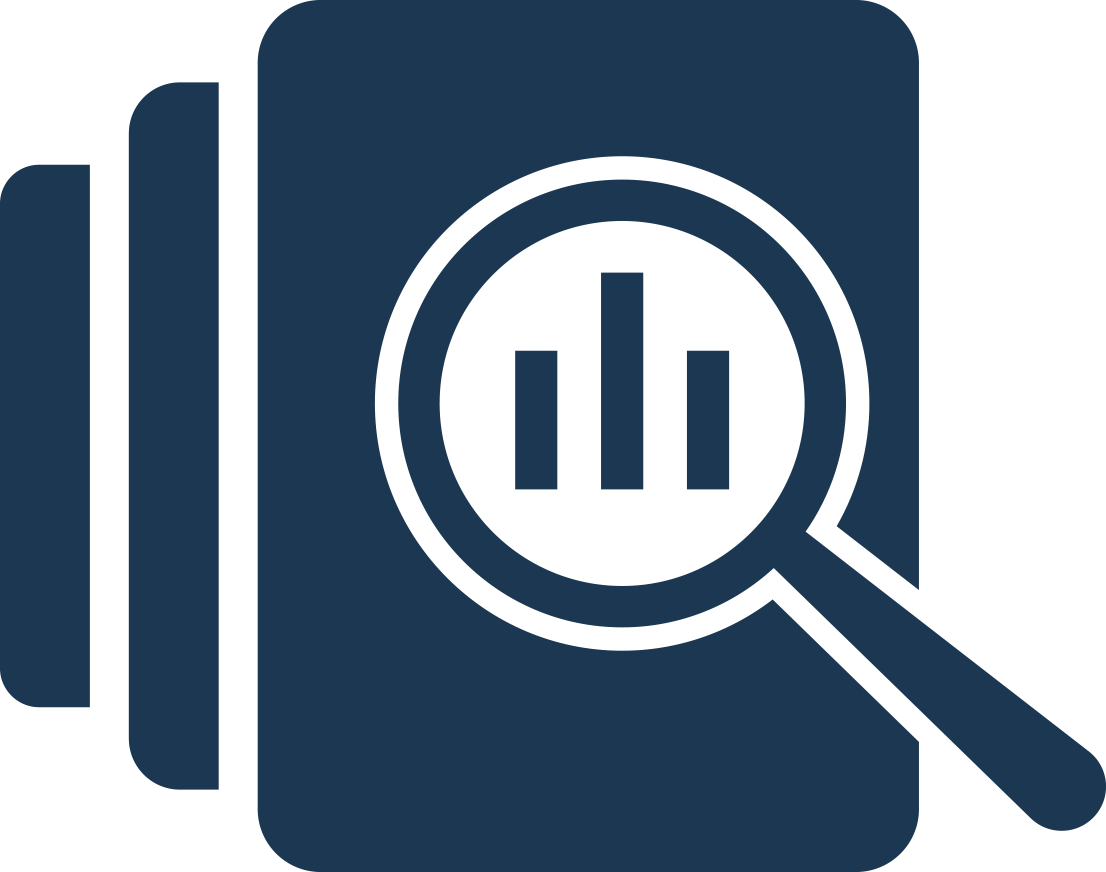Problematic sexual behavior among children and youth: Considerations for reporting, assessment, and treatment
Research Report:
APA Citation:
Lucier-Greer, M., Nichols, L. R., Peterson, C., Burke, B., Quichocho, D., & O’Neal, C.W. (2018). Problematic sexual behavior among children and youth: Considerations for reporting, assessment, and treatment. Auburn, AL: Military REACH.
Abstract Created by REACH:
The Military REACH team was asked to review the literature regarding problematic sexual behavior (PSB) among children and youth. In this report, we first introduce the research on PSB, and then organize the remainder of the report into three sections. Section I provides a guideline for non-mental health professionals who work with children and youth (e.g., teachers, youth development specialist) regarding how to respond when PSBs are observed and thresholds for reporting PSB. Section II reviews various intervention approaches for addressing and treating children and youth with PSB. This section provides strong rationale for the use of therapeutic treatment, when warranted, as opposed to labeling children and youth as criminal offenders. Several therapy models for treating PSB among children are reviewed and information is presented regarding treatment effectiveness and training requirements for mental health professionals. Section III concludes the report with treatment considerations for clinicians who are assessing and working with children and youth with PSB.
Focus:
Children
Youth
Parents
Programming
Child maltreatment
Trauma
Mental health
Subject Affiliation:
Civilian
Population:
Childhood (birth - 12 yrs)
Neonatal (birth - 1 mo)
Infancy (2 - 23 mo)
Preschool age (2 -5 yrs)
School age (6 - 12 yrs)
Adolescence (13 - 17 yrs)
Methodology:
Review of Literature
Authors:
Lucier-Greer, Mallory, Nichols, Lucy, Peterson, Clairee, Burke, Benjamin, Quichocho, Davina, O'Neal, Catherine Walker
Publisher/Sponsoring Organization:
Military REACH
Publication Type:
REACH Publication
Author Affiliation:
Department of Human Development and Family Studies, Auburn University, MLG
Department of Human Development and Family Studies, Auburn University, LRN
Department of Human Development and Family Studies, Auburn University, CP
Department of Human Development and Family Studies, Auburn University, BB
Department of Human Development and Family Studies, Auburn University, DQ
Department of Human Development and Family Science, University of Georgia, CWO
Keywords:
problematic sexual behavior, PSB, children, youth, best practices, clinical professional, non-clinical professionals, assessment questions
Location:
Auburn University
REACH Publication Type:
Research Report
Sponsors:
This product was developed as a result of a partnership funded by the Department of Defense (DoD) between the DoD’s Office of Military Family Readiness Policy and the U.S. Department of Agriculture/National Institute of Food and Agriculture (USDA/NIFA) through a grant/cooperative agreement with Auburn University. USDA/NIFA Award No. 2017-48710-27339, Principal Investigator, Mallory Lucier-Greer.

 Research Report
Research Report